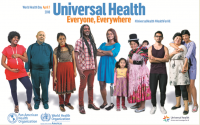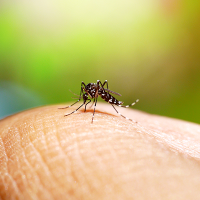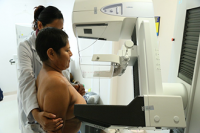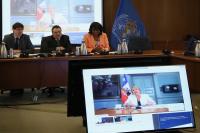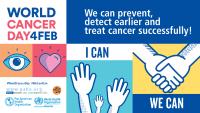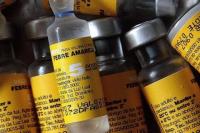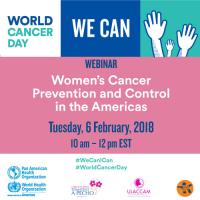You are here
News
-
04/09/2018 - The World Health Organization was founded on the principle that all people should be able to realize their right to the highest possible level of health. “Health for all” has therefore been our guiding vision for more than seven decades. It’s also the impetus behind the current organization-wide drive to support countries in moving towards Universal Health Coverage (UHC). Experience has illustrated, time and again, that Universal Health Coverage is achieved when political will is strong. So in this 70th anniversary year, WHO is calling on world leaders to live up to the pledges they made when they agreed the Sustainable Development Goals in 2015, and commit to concrete steps to advance the health of all people. This means ensuring that everyone, everywhere can access essential quality health services without facing financial hardship. The Organization will maintain a high-profile focus on UHC via a series of events through 2018, starting on World Health Day on 7 April with global and local conversations about ways to achieve health for all.
-
03/28/2018 - Open and free, the course is available on the platform of the Virtual Campus for Public Health of the Pan American Health Organization (Paho). Registration is open until May 31.
-
03/26/2018 - Progress in reducing tuberculosis in the Americas has been significant. However, according to the Pan American Health Organization/World Health Organization, it is necessary to mobilize leaders from all sectors to end the disease by 2030.
-
03/08/2018 - This year, International Women’s Day comes at a pivotal moment, and with a wave women’s activism – from the #MeToo movement to #TimesUp and beyond – exposing the structures that have allowed women's oppression to flourish, the United Nations is urging the world to stand with rural and urban women activists to topple the remaining barriers to gender equality and empowerment.
-
02/20/2018 - WHO is announcing today a new high-level comission, comprised of heads of state and ministers, leaders in health and development and entrepreneurs. The group will propose bold and innovative solutions to accelerate prevention and control of the leading killers on the planet—noncommunicable diseases (NCDs) like heart and lung disease, cancers, and diabetes.
-
02/07/2018 - Chile's President Michelle Bachelet will chair a high-level commission convened by the Pan American Health Organization (PAHO) to propose solutions that will expand access and health coverage in the Americas by 2030, "without leaving anyone back".
-
02/04/2018 - World Cancer Day 2018: together we can prevent, detect earlier and treat cancer successfully.
-
02/02/2018 - Information about Yellow Fever: key facts and vaccination
-
01/31/2018 - On February 6, Opas conducts webinar on cancer prevention and control in the Americas.
-
01/11/2018 - UN Environment and WHO have agreed a new, wide-ranging collaboration to accelerate action to curb environmental health risks that cause an estimated 12.6 million deaths a year. Yesterday (01/10/2018), Mr Erik Solheim, head of UN Environment, and Dr Tedros Adhanom Ghebreyesus, Director-General of WHO, signed an agreement to step up joint actions to combat air pollution, climate change and antimicrobial resistance, as well as improve coordination on waste and chemicals management, water quality, and food and nutrition issues. The collaboration also includes joint management of the BreatheLife advocacy campaign to reduce air pollution for multiple climate, environment and health benefits.

